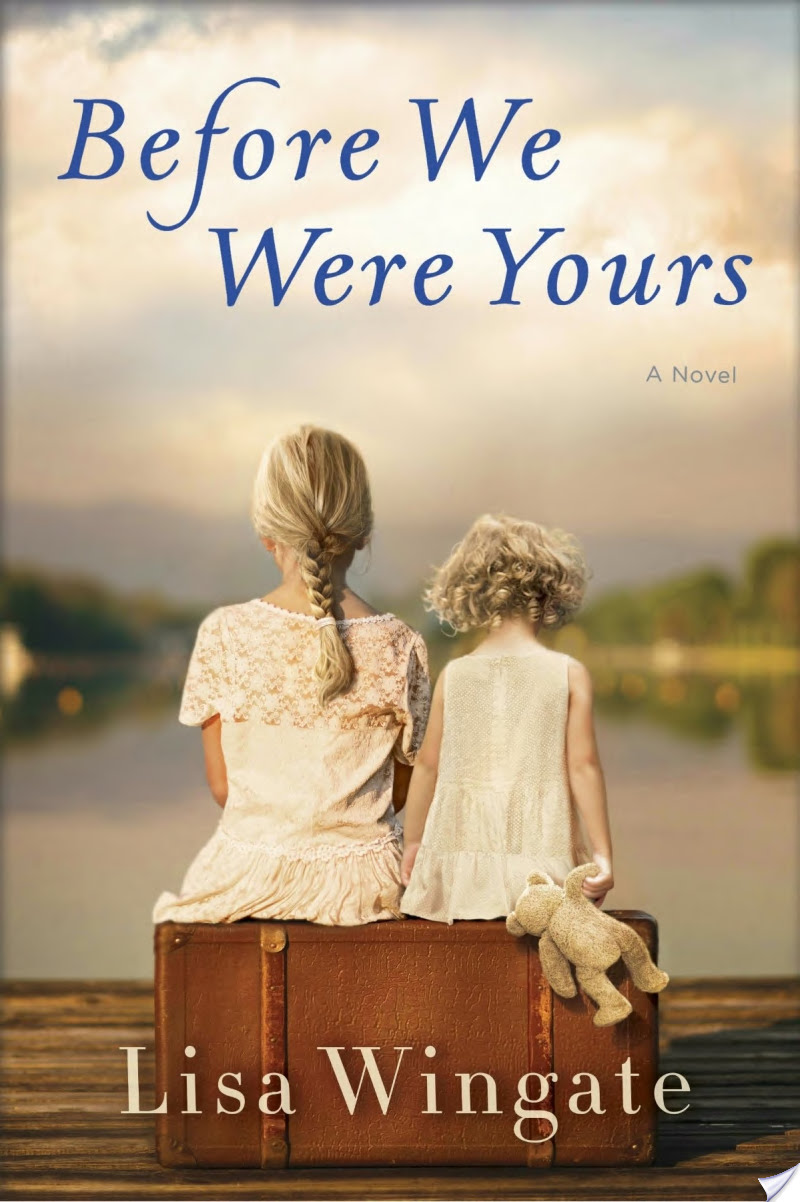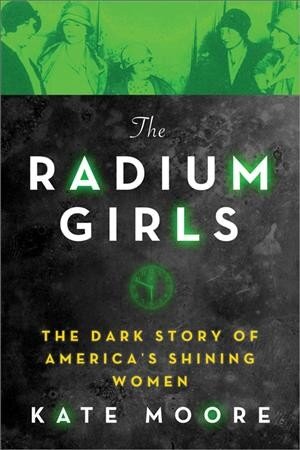Below is a part of the NPR 2013 book review:
He's a socially inept scientist who's tone deaf to irony. She's an edgy young woman whose fallback mode is sarcasm. Put them together, and hilarity ensues in Australian IT consultant Graeme Simsion's first novel, The Rosie Project. It's an utterly winning screwball comedy about a brilliant, emotionally challenged geneticist who's determined to find a suitable wife with the help of a carefully designed questionnaire, and the patently unsuitable woman who keeps distracting him from his search. If you're looking for sparkling entertainment along the lines of Where'd You Go Bernadette and When Harry Met Sally, The Rosie Project is this season's fix.
The book wouldn't work, of course, if we couldn't see the sweetness and charm beneath Don Tillman's geekiness. But Simsion's hyper-efficient, fastidious 39-year-old narrator endears us from the moment he starts explaining his Wife Problem, which of course is directly related to his People Problem. Like Christopher Boone, the 15-year-old narrator of Mark Haddon's 2003 novel, The Curious Incident of the Dog in the Night-Time, he's appealing not just despite his eccentricities but because of them.

Don isn't stupid, and he knows he has problems with intimacy. But he finds it hard to understand why people have trouble with his time-saving Standardized Meal System (which reduces "cognitive load" by rotating seven hilariously elaborate dishes on a strict weekly schedule), or why his impermeable, clearly superior Gore-Tex jacket won't do at a posh restaurant where jackets are required. Over their first dinner together, he tells Rosie that she seems "quite intelligent for a barmaid." "The compliments just keep on coming," Rosie responds tartly — at which point Don reflects that "It seemed I was doing well, and I allowed myself a moment of satisfaction, which I shared with Rosie."
Sharp dialogue, terrific pacing, physical hijinks, slapstick, a couple to root for, and more twists than a pack of Twizzlers — it's no surprise that The Rosie Project is bound for the big screen. But read it first.
Molly hosted our first gather of 2019 at her lovely home.




























